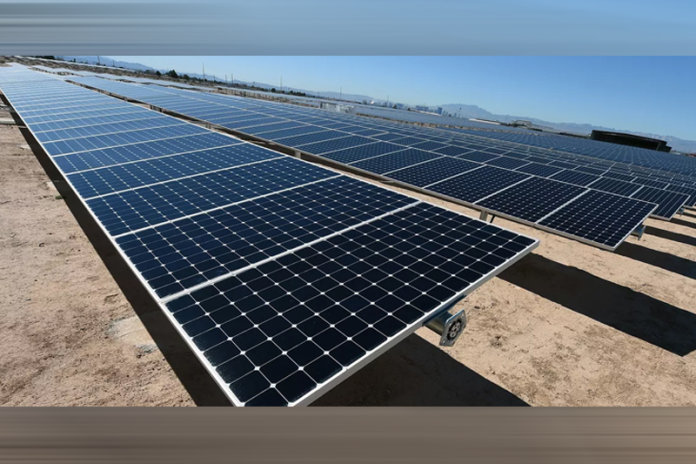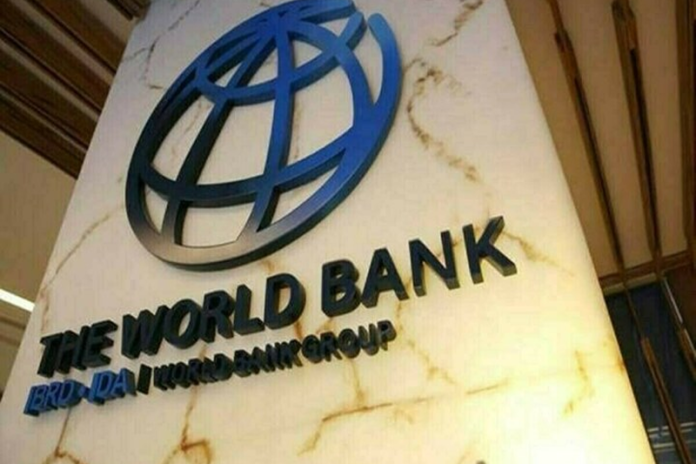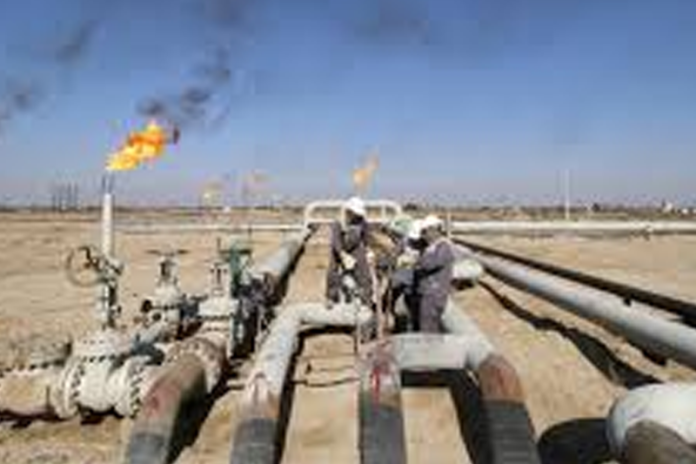Solar Energy in Pakistan: Harnessing the power of the sun

- 253
- 0
In recent years, Pakistan has increasingly turned to solar energy as a sustainable solution to its energy challenges. With abundant sunlight throughout the year, solar power offers a promising avenue to meet the country’s growing energy needs while reducing its reliance on fossil fuels.
Solar Potential in Pakistan Pakistan is blessed with ample solar resources, receiving an average of about 5.5 to 6.5 kWh per square meter per day of solar radiation. This makes it highly suitable for solar energy generation, particularly in the southern regions where the intensity of sunlight is higher. Government Initiatives and Policies Recognizing the potential of solar energy, the Government of Pakistan has taken several initiatives to promote its adoption: Alternative Energy Development Board (AEDB): AEDB has been at the forefront of promoting renewable energy projects in Pakistan, including solar energy.
Net Metering Policy: Introduced to encourage residential and commercial consumers to install rooftop solar panels. Under this policy, consumers can sell excess electricity back to the grid. Quaid-e-Azam Solar Park: Located in Bahawalpur, it is one of the largest solar parks in the world and has a capacity of 1000 MW. Renewable Energy Policy 2021: A new policy aimed at increasing the share of renewable energy, including solar, in Pakistan's energy mix. Challenges While Pakistan has made significant strides in solar energy, several challenges persist: High Initial Costs: The upfront cost of solar installations can be a barrier for many consumers. Grid Integration: Ensuring stable integration of solar energy into the national grid. Policy Implementation: Effective implementation of policies and regulations is crucial for the success of solar projects.
Solar Projects and Installations Several notable solar projects have been implemented in Pakistan: Quaid-e-Azam Solar Park, Bahawalpur: As mentioned earlier, it is a flagship project with a capacity of 1000 MW. Sindh Solar Energy Project: A 50 MW solar project aimed at providing clean energy to the province of Sindh. Off-Grid Solar Solutions: Many rural areas are benefiting from off-grid solar solutions, providing electricity to remote communities. Future Outlook The future of solar energy in Pakistan looks promising with ongoing projects and policy support. As technology improves and costs decrease, solar energy is becoming increasingly competitive with conventional sources of energy. Solar energy has the potential to transform Pakistan's energy landscape by providing clean, sustainable, and affordable electricity.
With the right policies, investments, and public awareness, Pakistan can harness its solar potential to achieve energy security and contribute to global efforts in combating climate change. In conclusion, while there are challenges to overcome, the journey towards a solar-powered Pakistan is well underway, promising a brighter and more sustainable future for the country.

















































